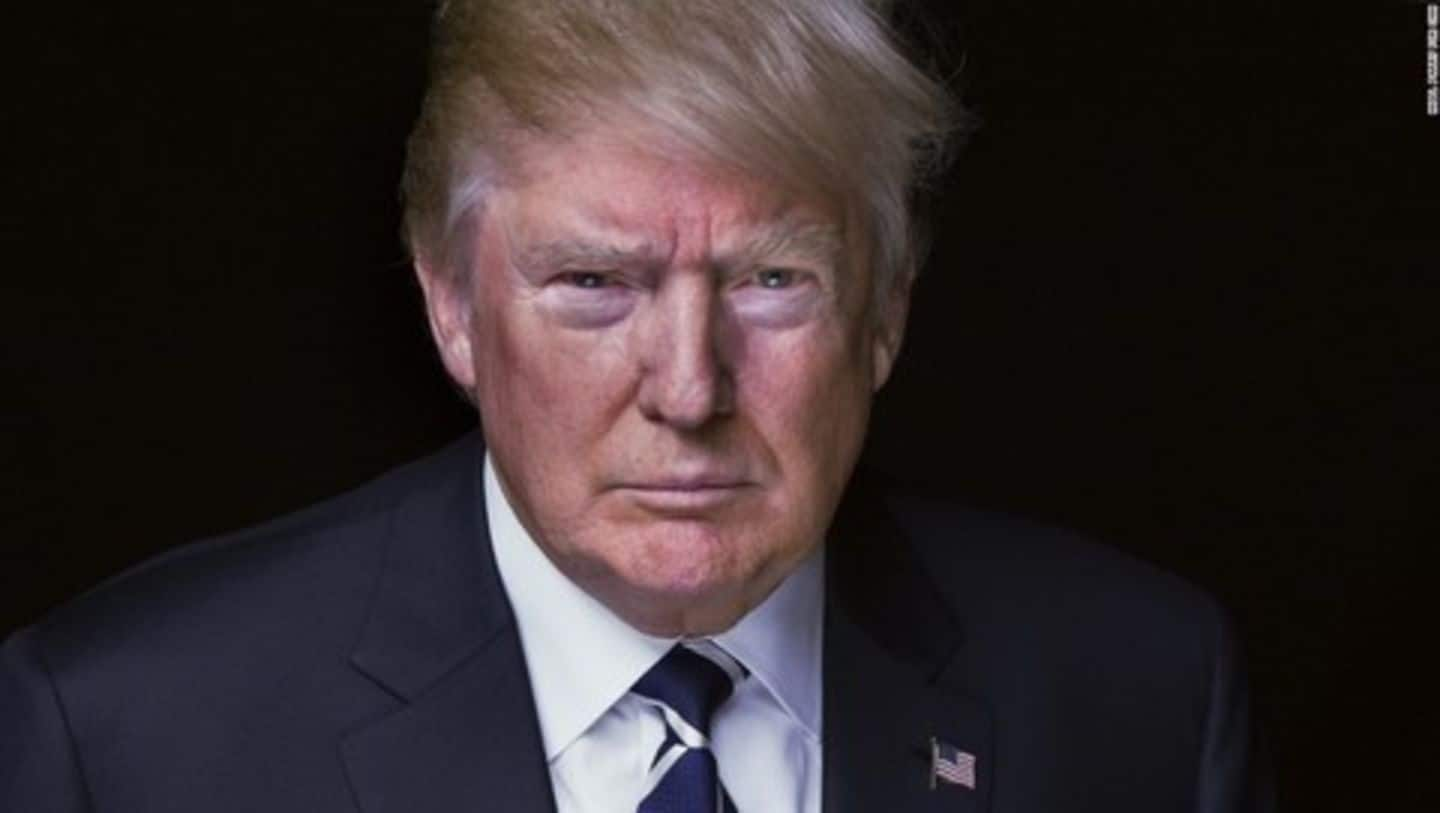
Are Silicon Valley giants facing a new political reality?
What's the story
In a development that possibly chalks out a new political reality for Silicon Valley hotshots, Twitter CEO Jack Dorsey and Facebook COO Sheryl Sandberg are both set for back-to-back House and Senate hearings on Wednesday.
The hearings come on the back of suspicions of Russian propaganda on social media, and US President Trump's claim that top technology companies censor conservative voices.
Here's more.
Misinformation
Foreign agents are spreading misinformation on social media
Things started going downhill for Silicon Valley giants ever since the 2016 US Presidential Elections, which saw allegations of Russian influence on social media, and charges of censorship of conservative voices.
Last fall, Facebook, Google, and Twitter confirmed suspicions of Russian propaganda on social media, and a few weeks back it was also revealed that misinformation was still being spread by foreign agents.
Censorship
Allegations of censorship has gained momentum of late
The allegations of censorship of conservative voices, however, have gained new momentum over the past few weeks, with Trump leading the charge against the likes of Twitter, Facebook, and Google.
Of late, Trump has accused Twitter of "SHADOW BANNING" conservative voices, and Google of returning biased search results against himself and other prominent Republican leaders.
New era?
A new era of public scrutiny of tech companies?
Both Dorsey and Sandberg are expected to assuage US lawmakers over the aforementioned concerns during the hearings on Wednesday.
Notably, the hearings will mark the first testimonies by Dorsey and Sandberg on Capitol Hill, signalling a new era of public scrutiny of tech companies.
Facebook CEO Mark Zuckerberg had earlier faced a similar hearing, and more such hearings might proliferate in future.
Urgency
Why combating misinformation has become the need of the hour
Indeed, misinformation has become quite the menace and, if reports are to be believed, players like Iran are also entering the scene to spread misinformation on social media.
Tackling misinformation has thus become a top priority, especially in the US with the mid-term elections just around the corner.
Consequently, tech companies are being called in to demonstrate their anti-misinformation commitments and capabilities.
Quote
Propagators of fake news are upping their game
In the words of Senator Mark R. Warner, "While the [tech] companies have gotten better and the government's gotten better, the [fake news spreading] adversaries have gotten better, too."
Social media
Social media has become a battleground, marking a new reality
There has also been talk about regulating how the tech industry moderates online content, thereby raising red flags for the industry which presumably would abhor government's interference.
Thus, unlike earlier times when social media was just rainbows and unicorns, tech companies now have to face a reality wherein social media is increasingly becoming a battleground where news and fake news fight for dominance.
New reality
The once-untouchable Silicon Valley giants cannot escape scrutiny anymore
This development, of course, has political implications.
As moderation of content becomes a growing concern, companies are likely to be increasingly accountable to the public.
While Facebook and Twitter, so far, have bowed down, Google remains adamant about not justifying itself to the Congress.
Yet, what's been made clear is that no one, not even the once-untouchable Silicon Valley giants, are immune to scrutiny.